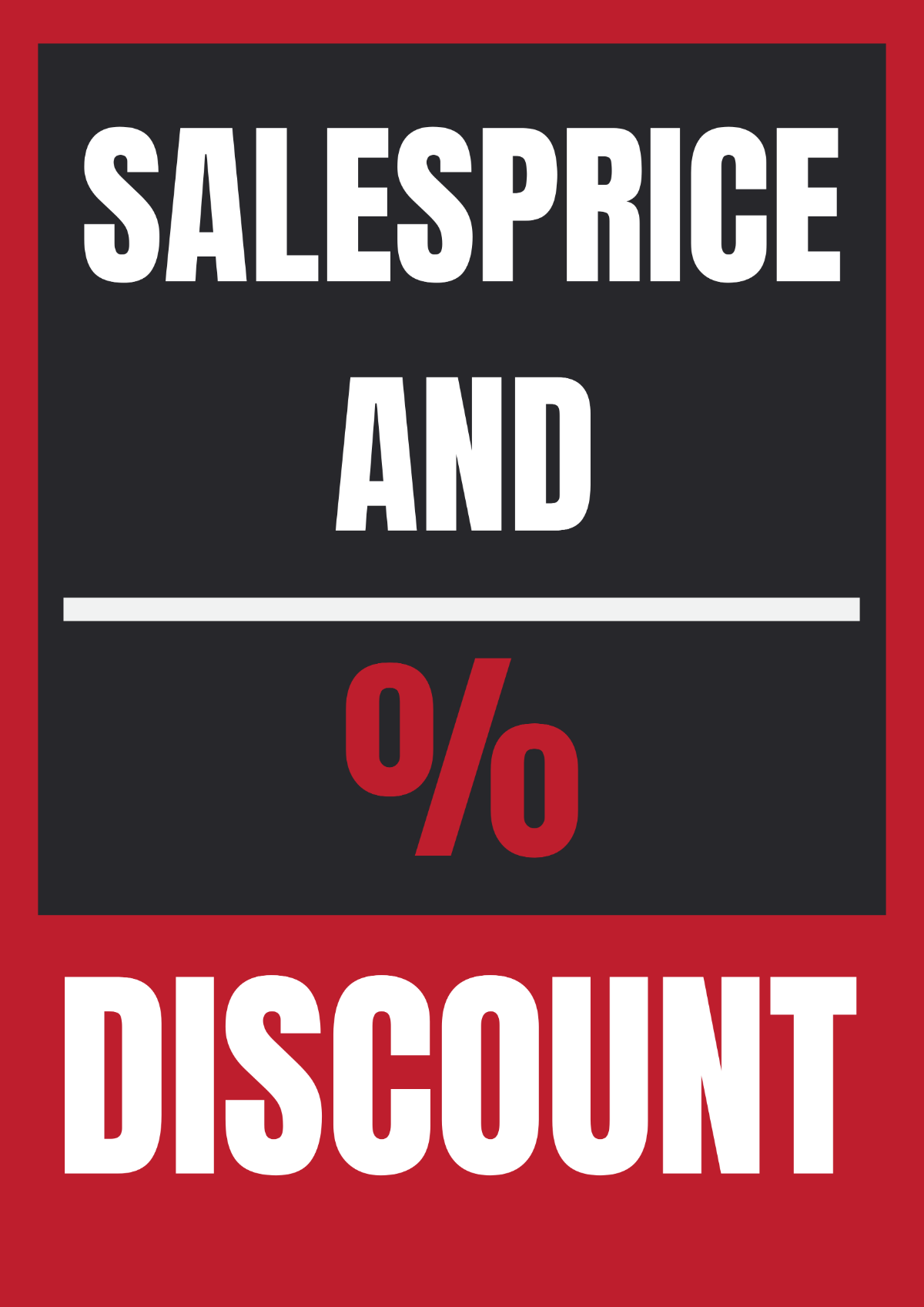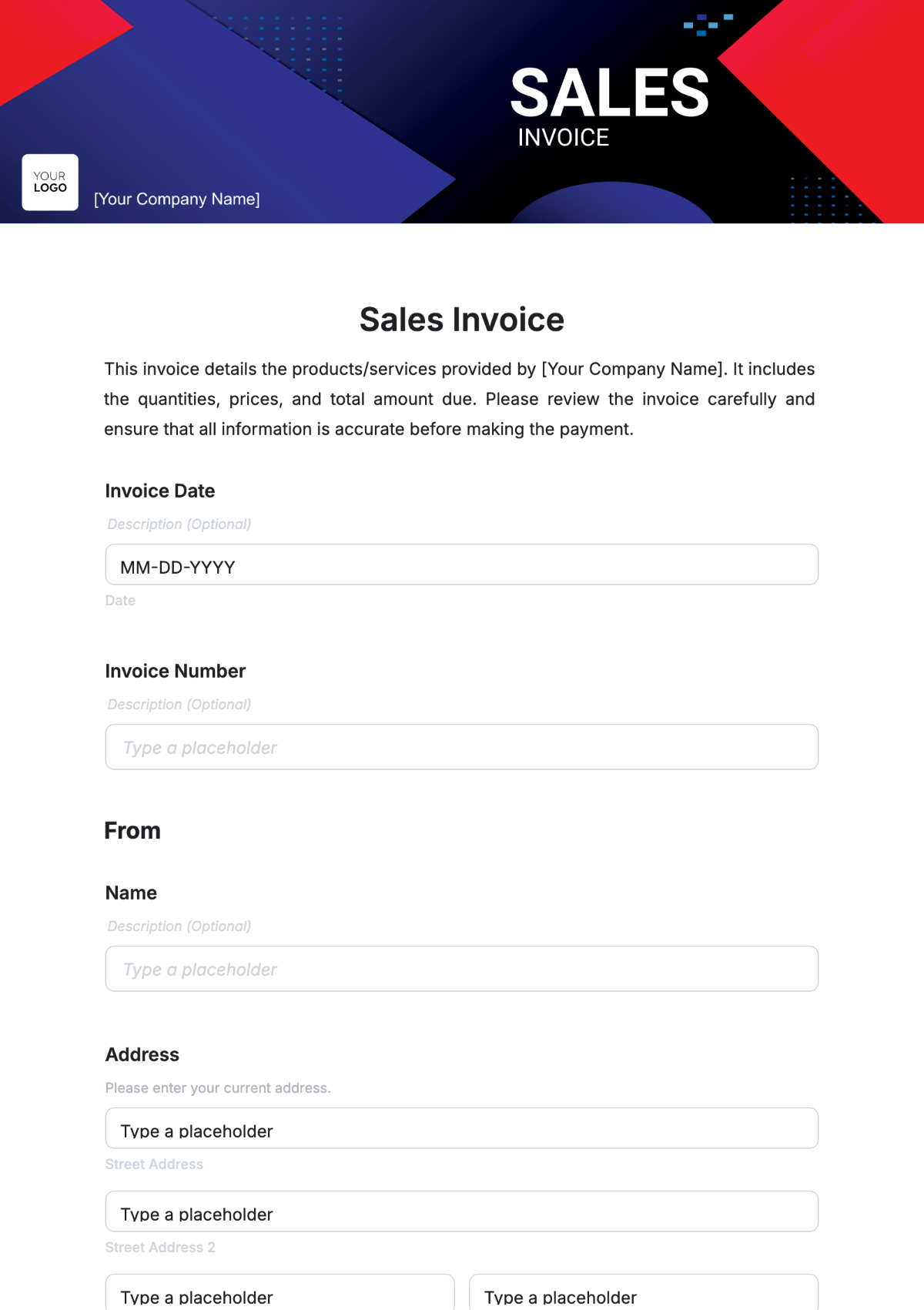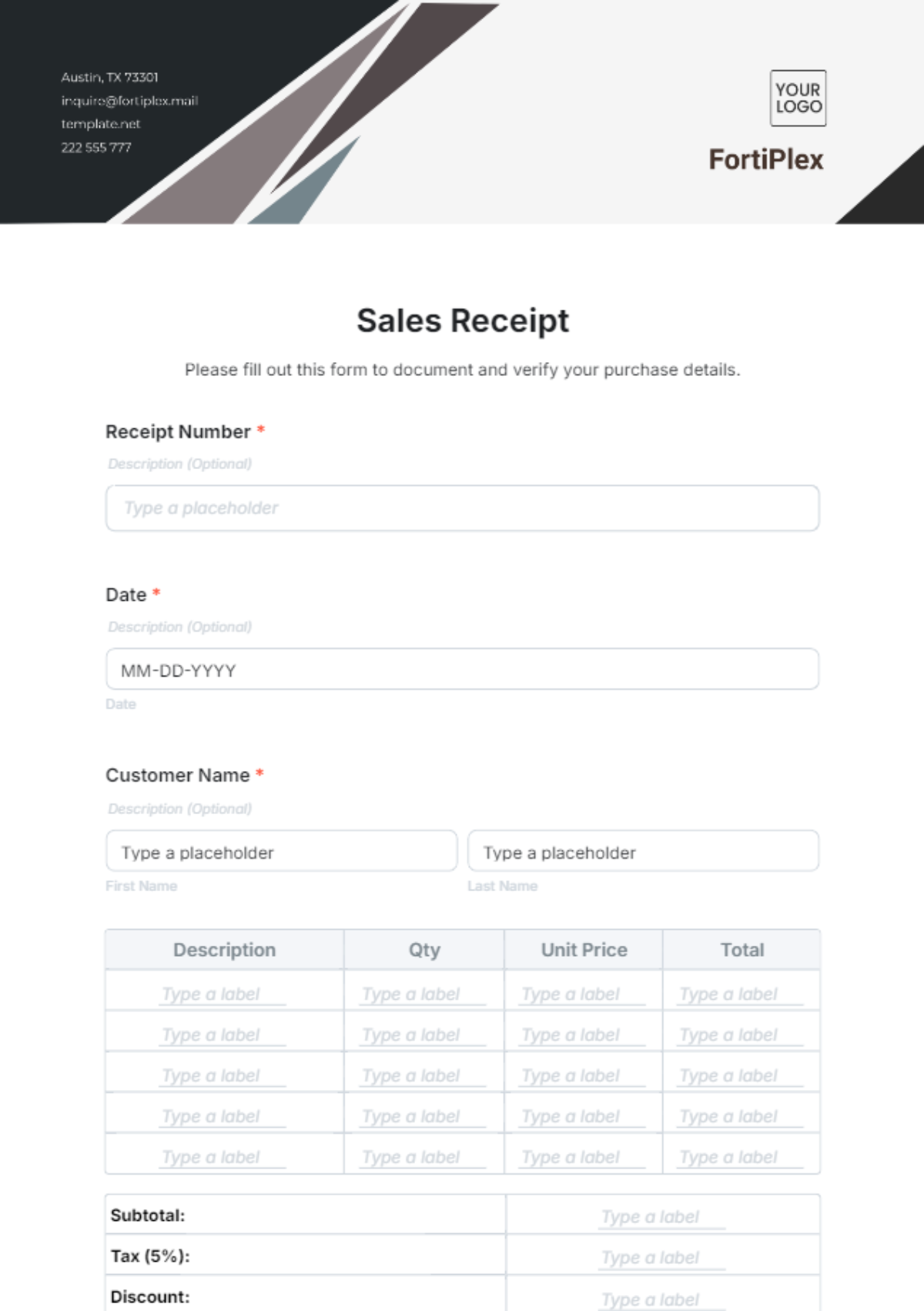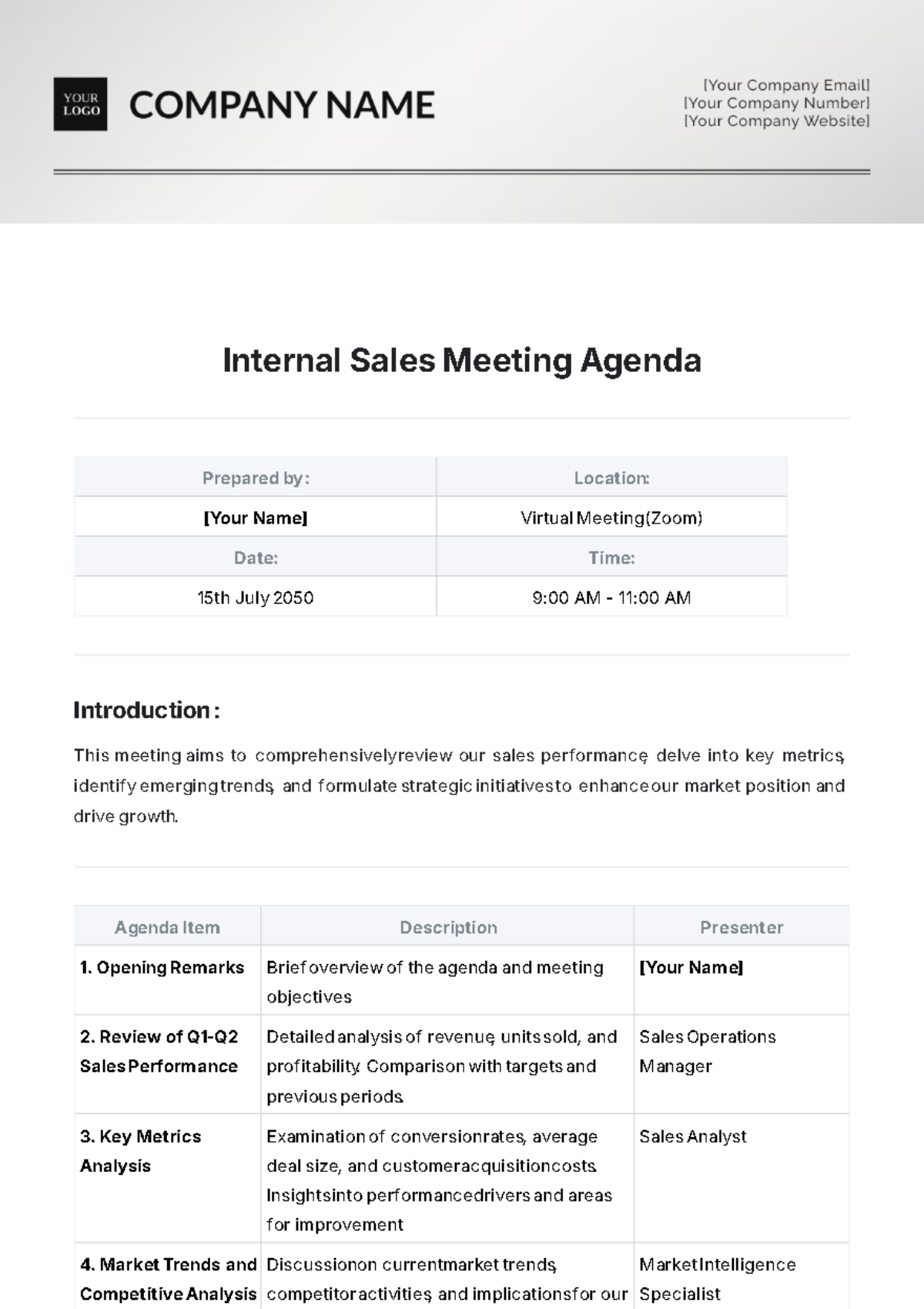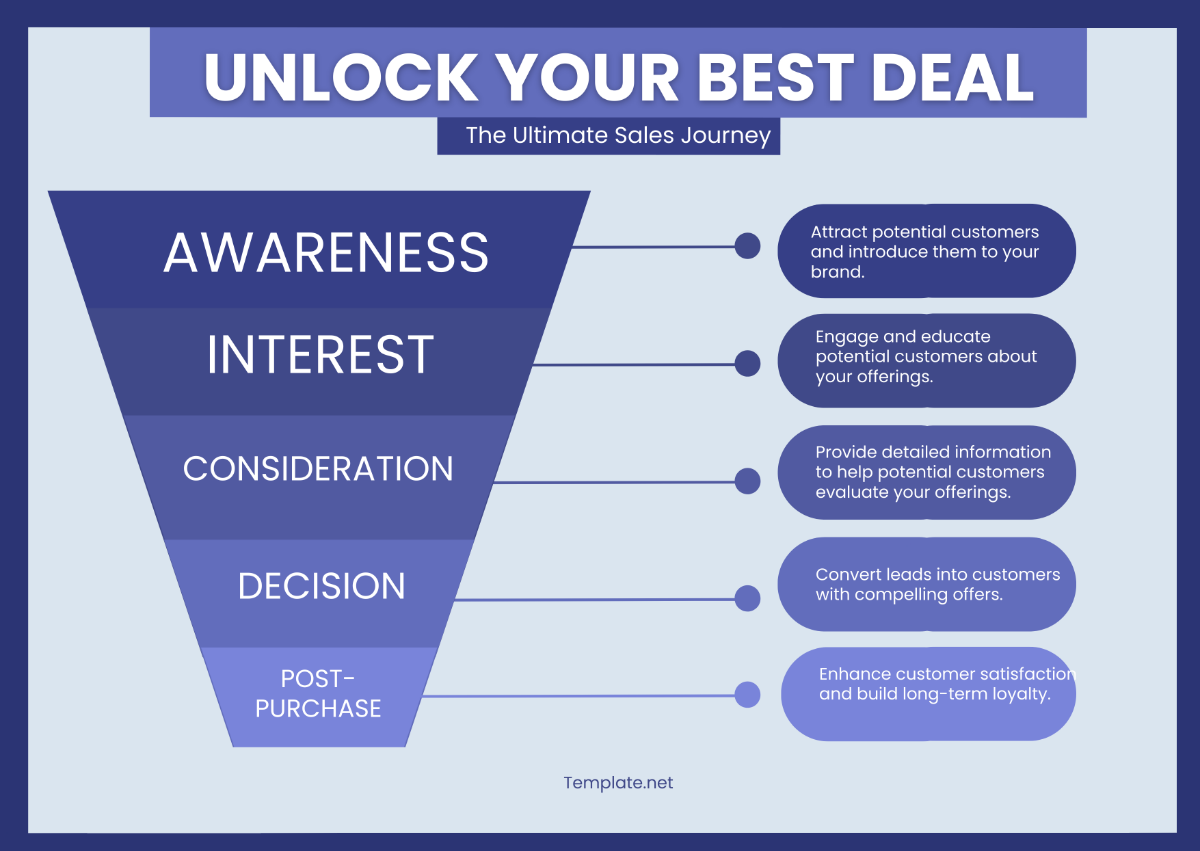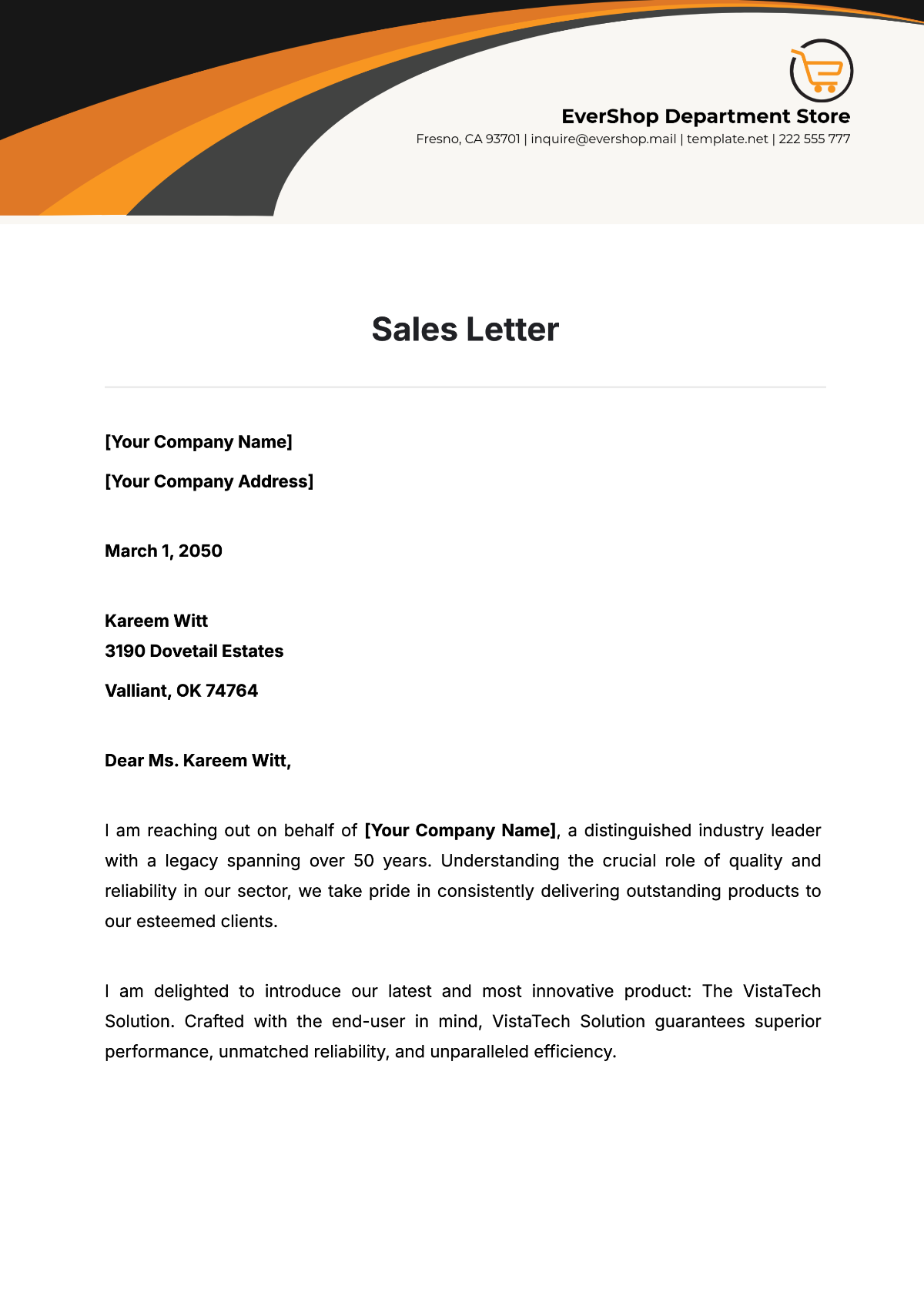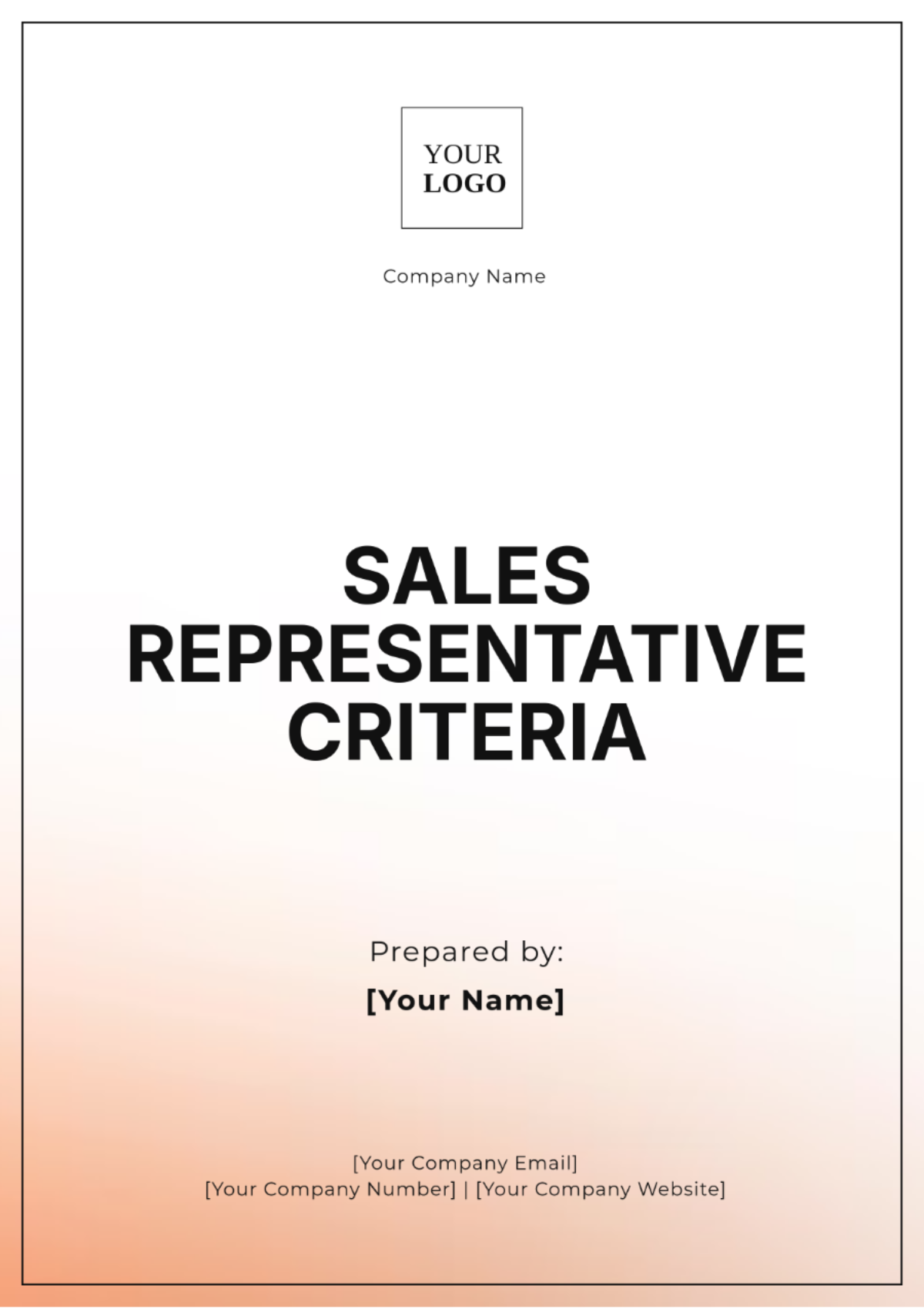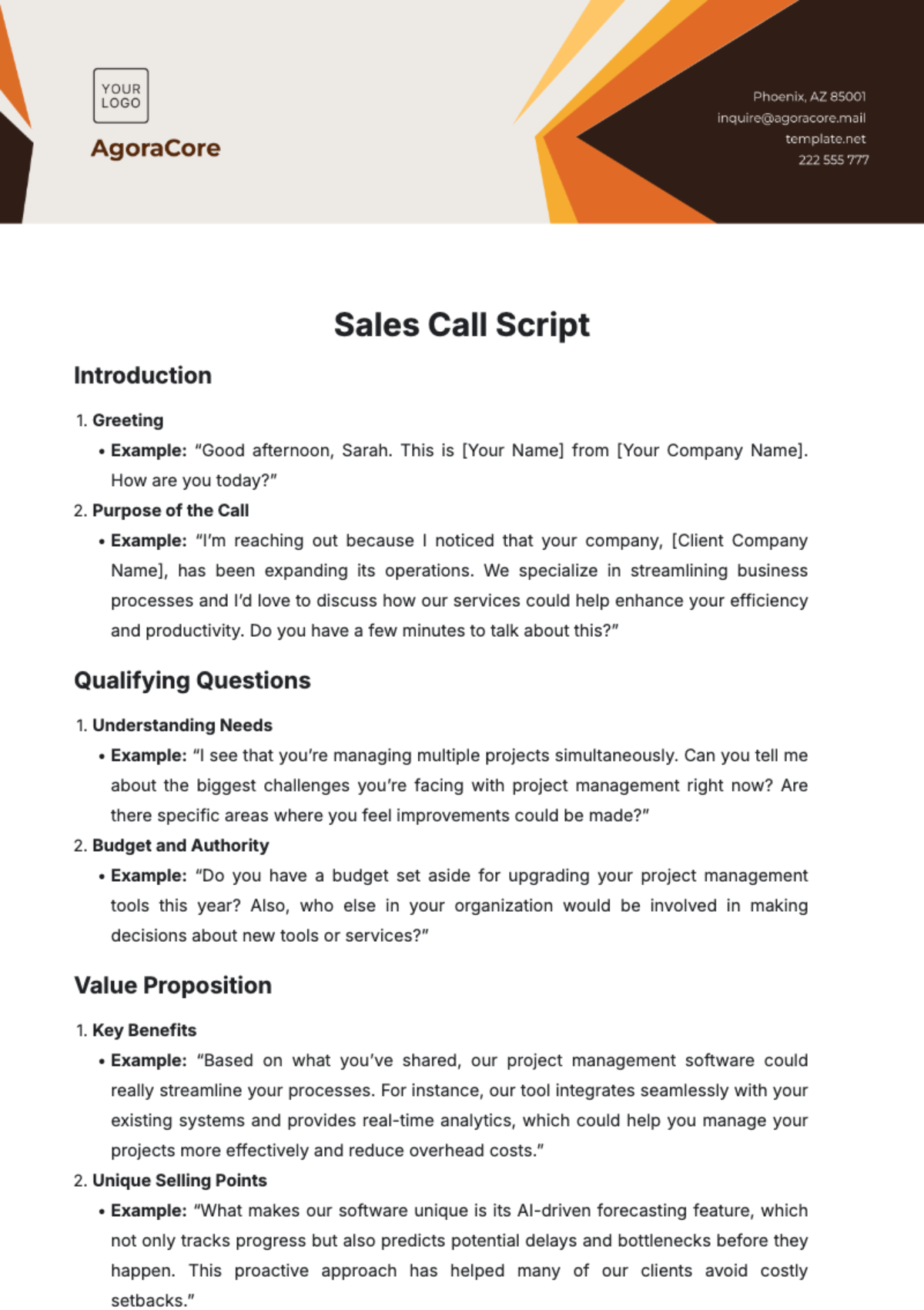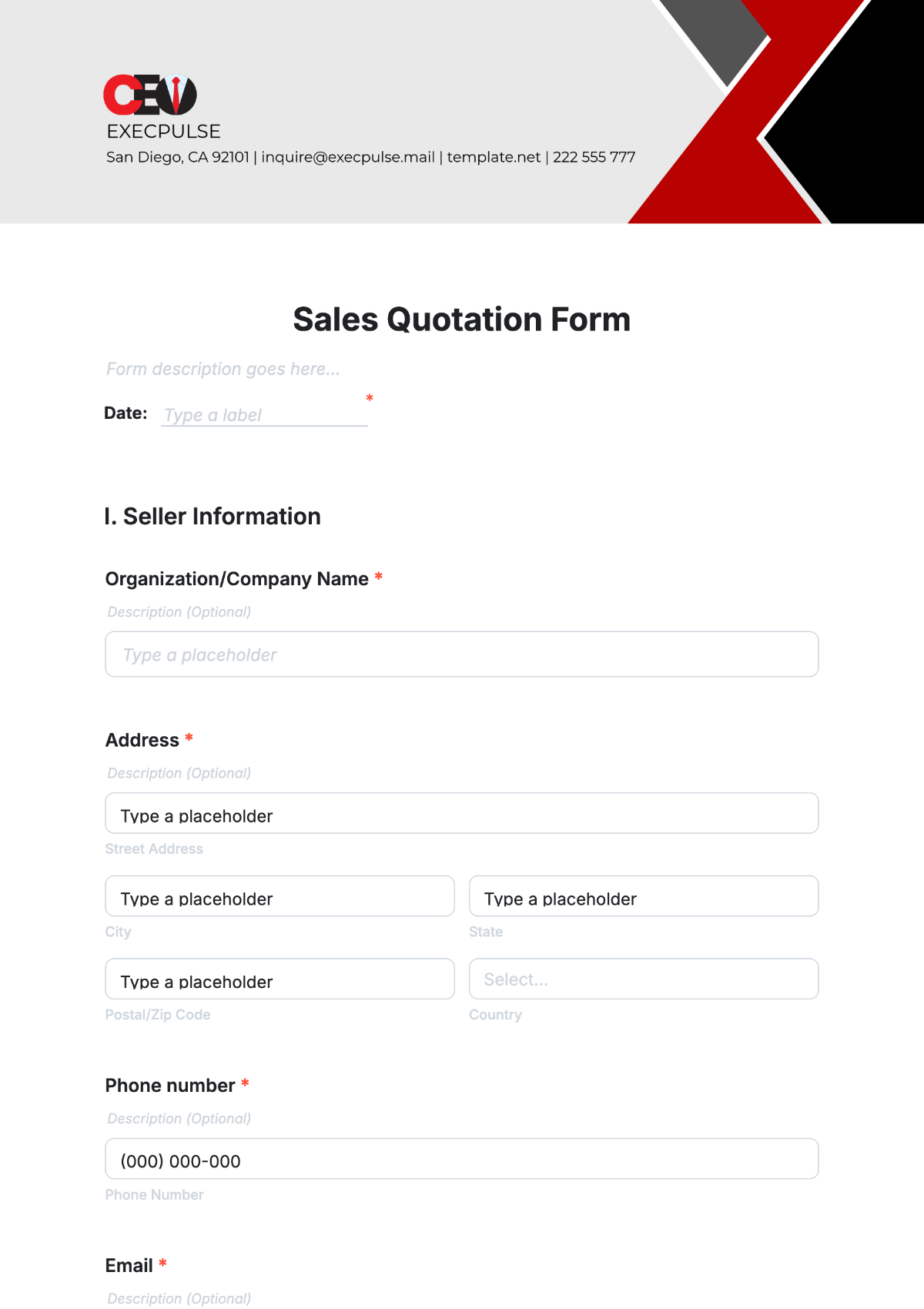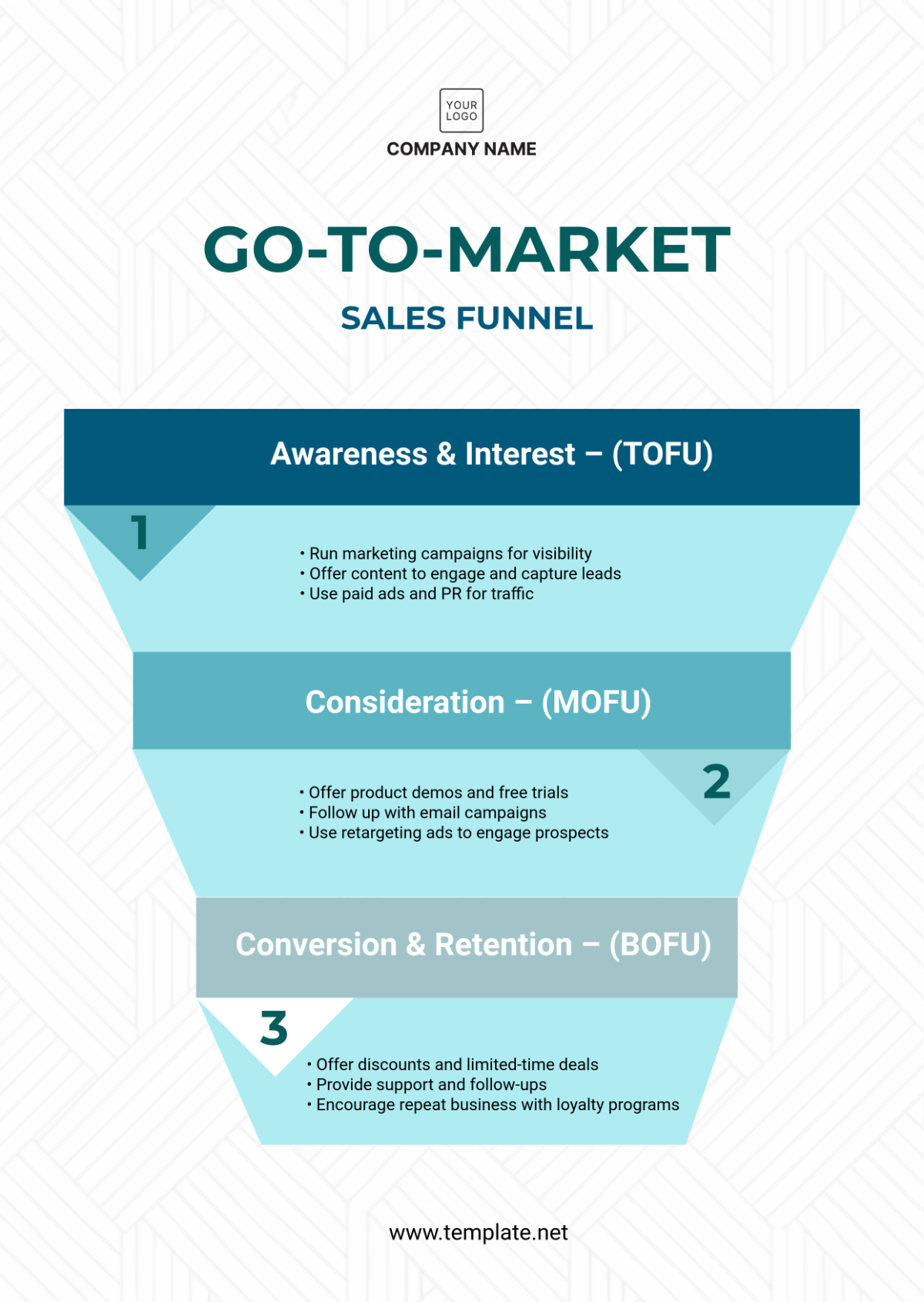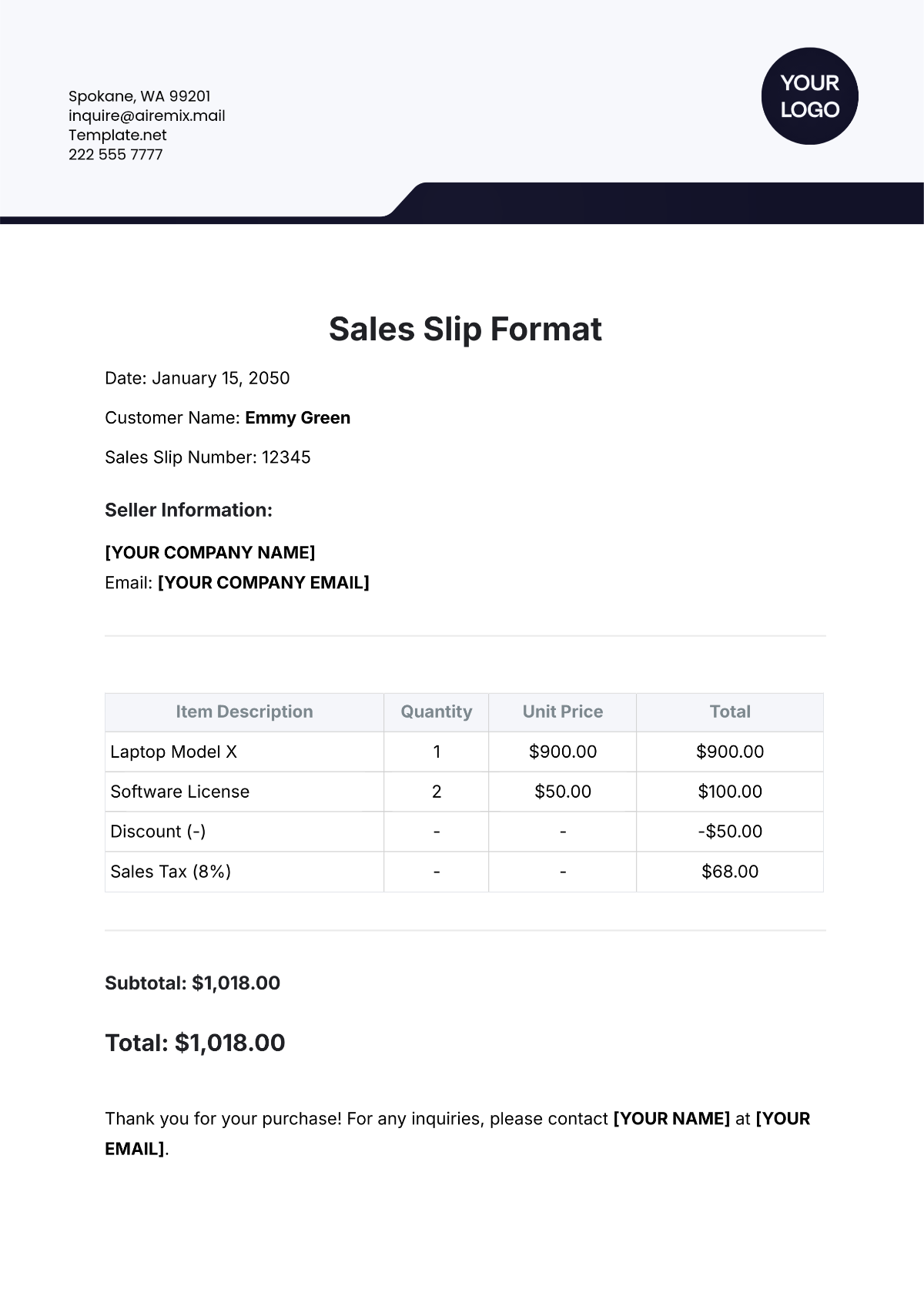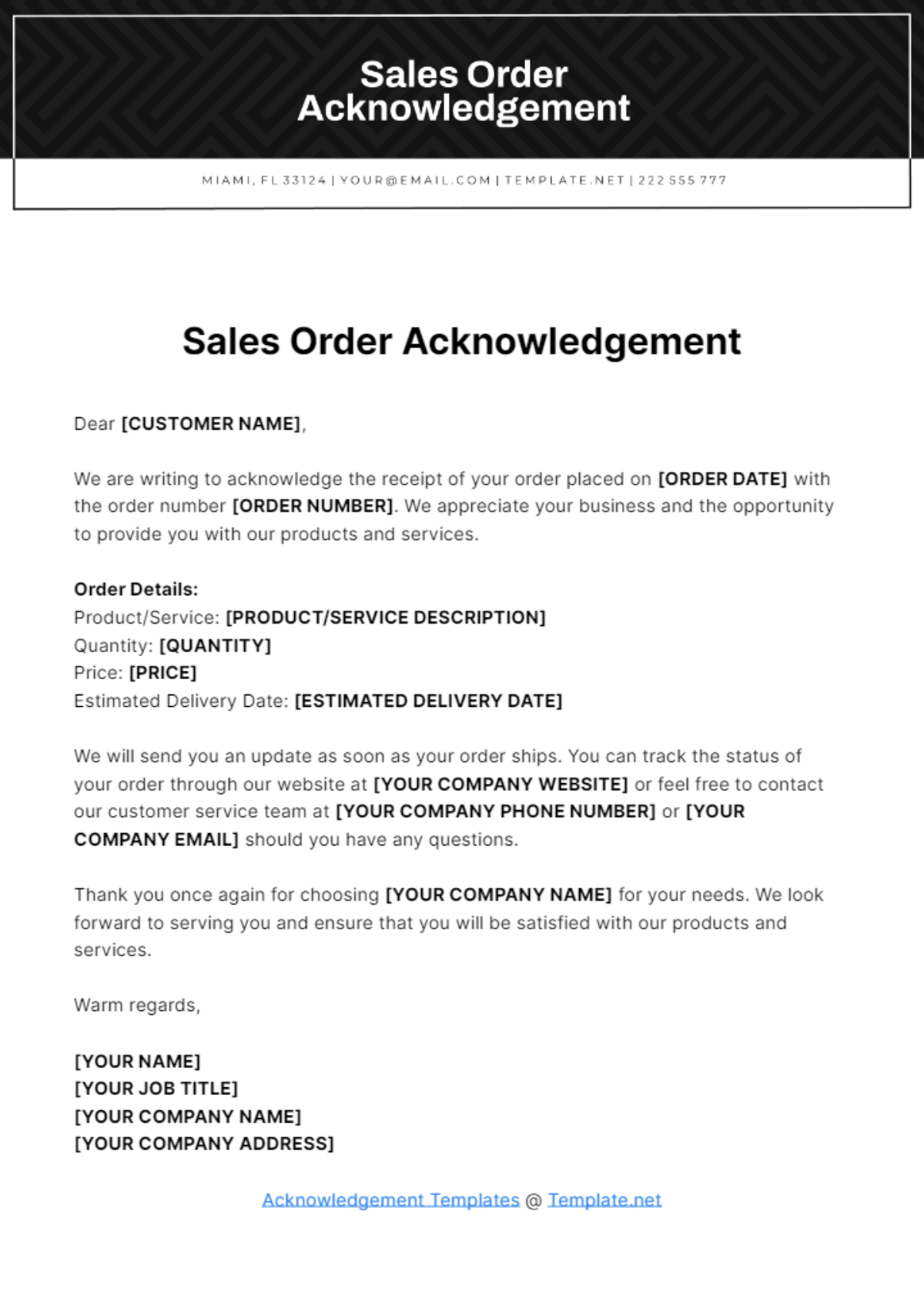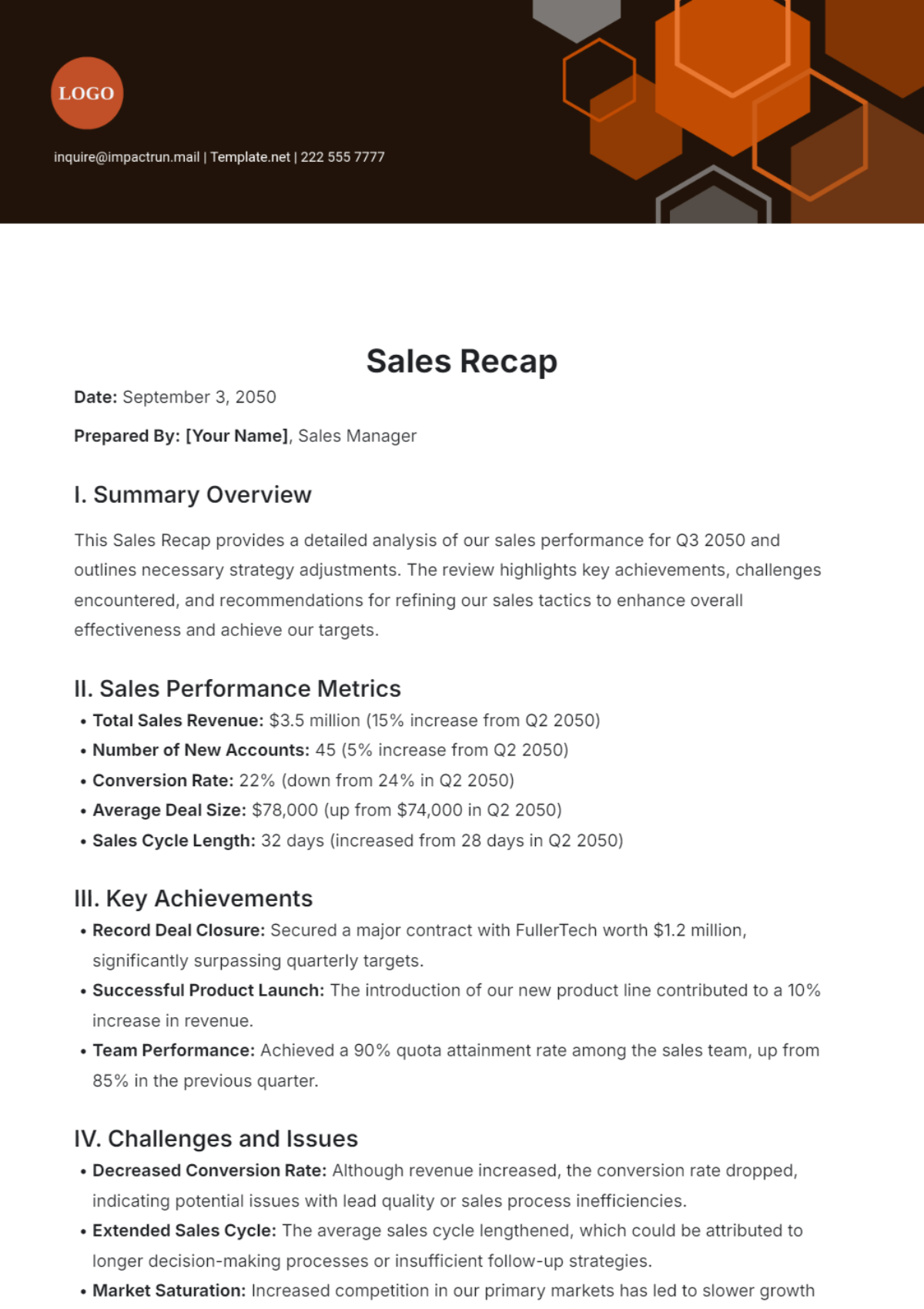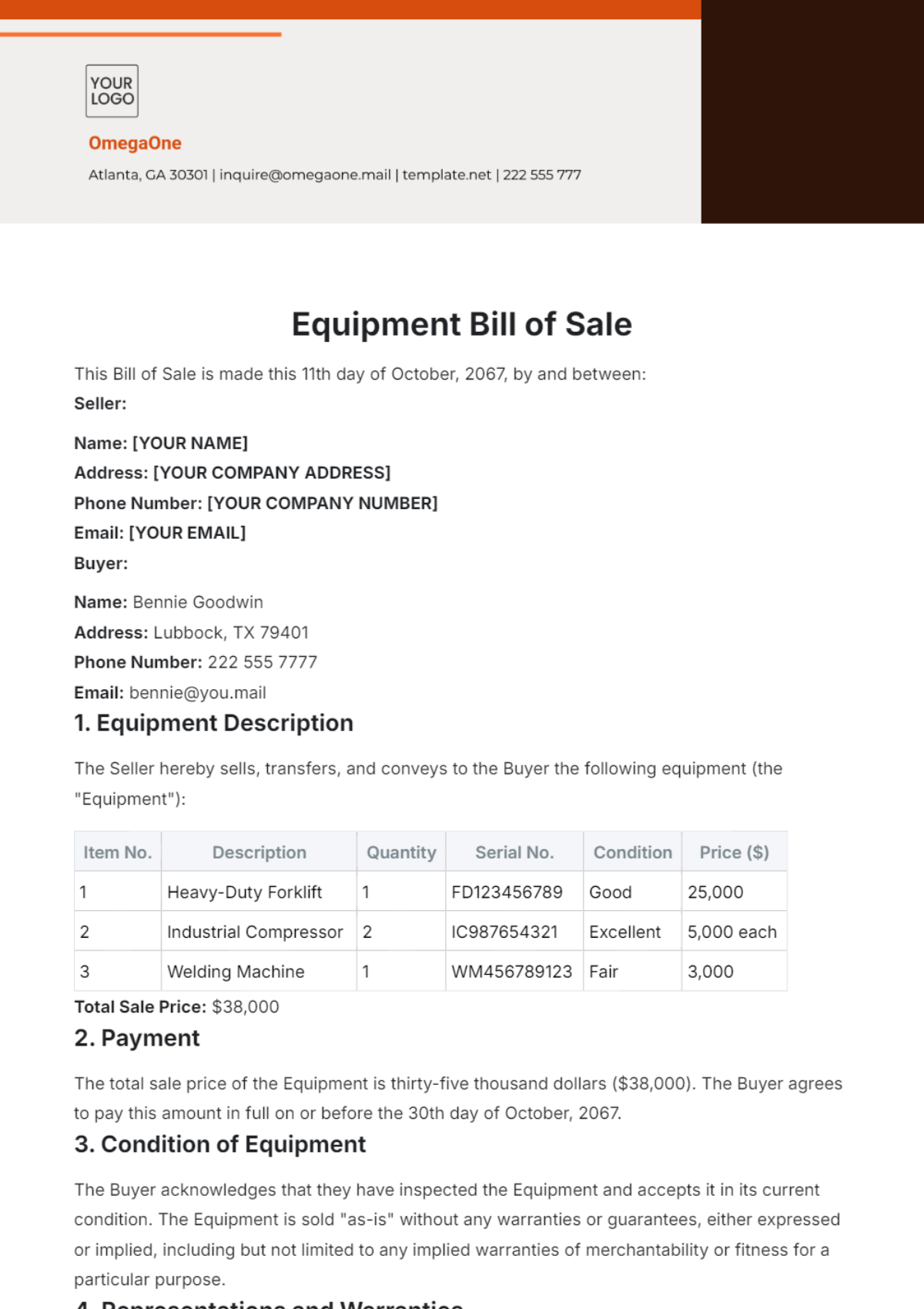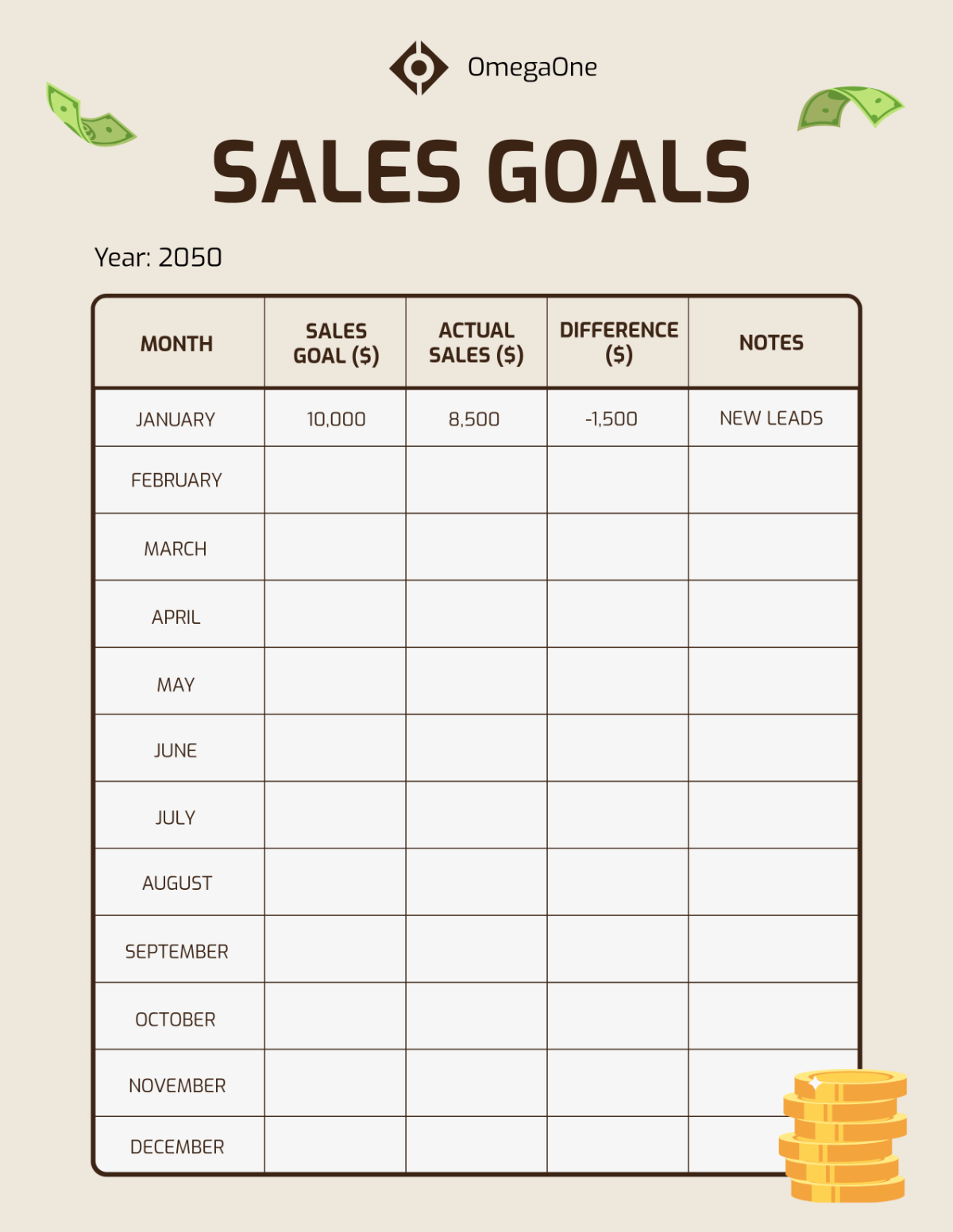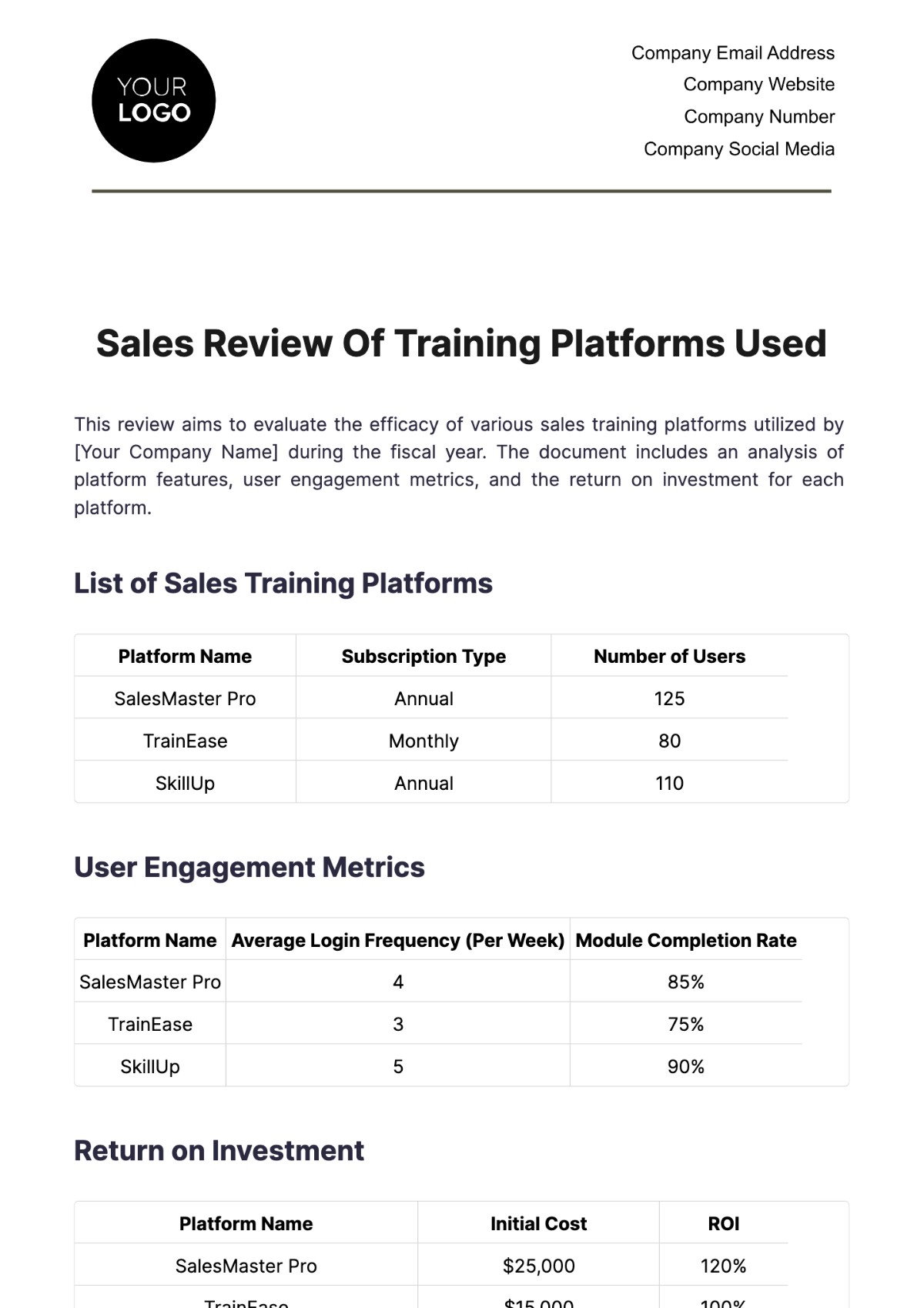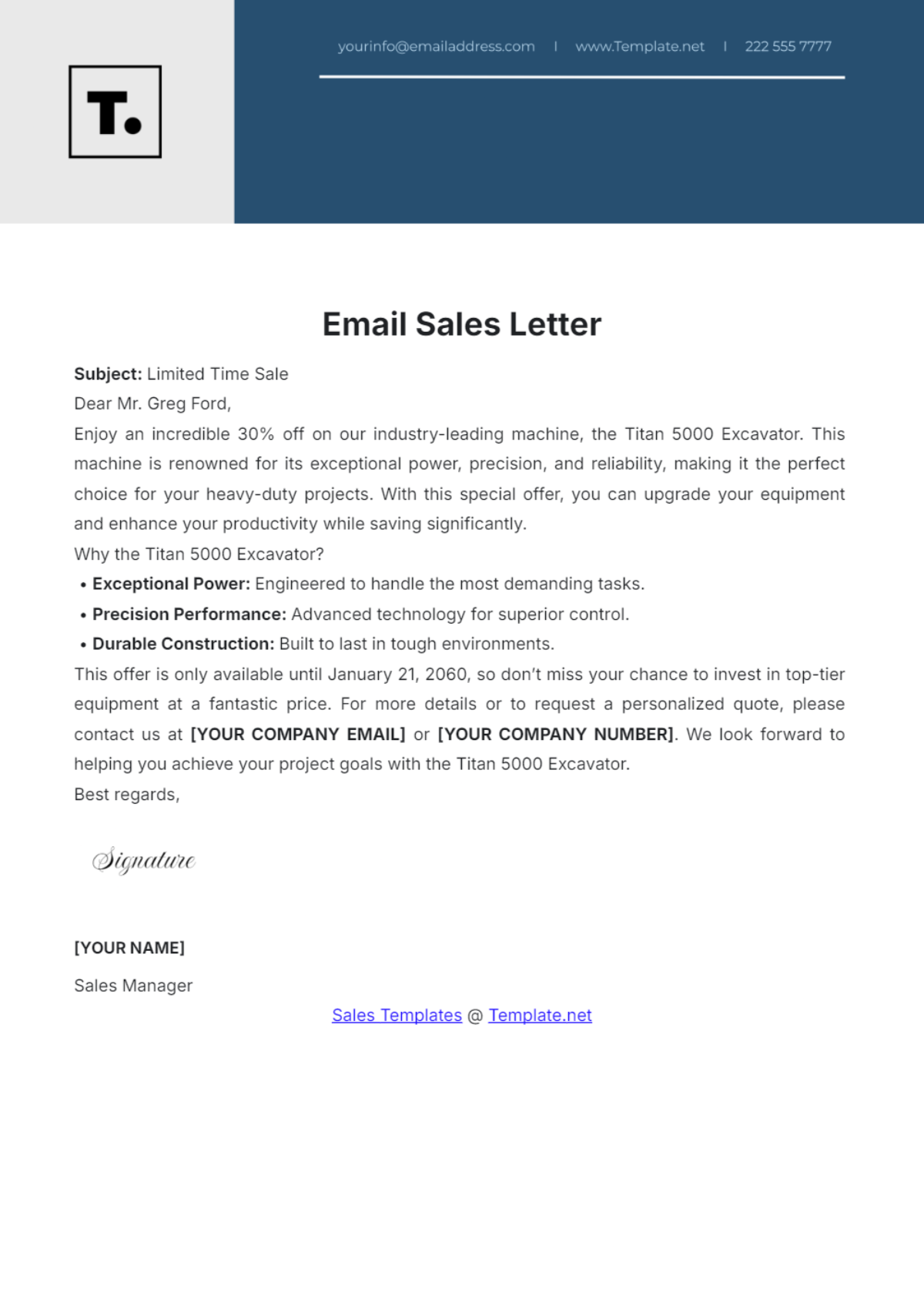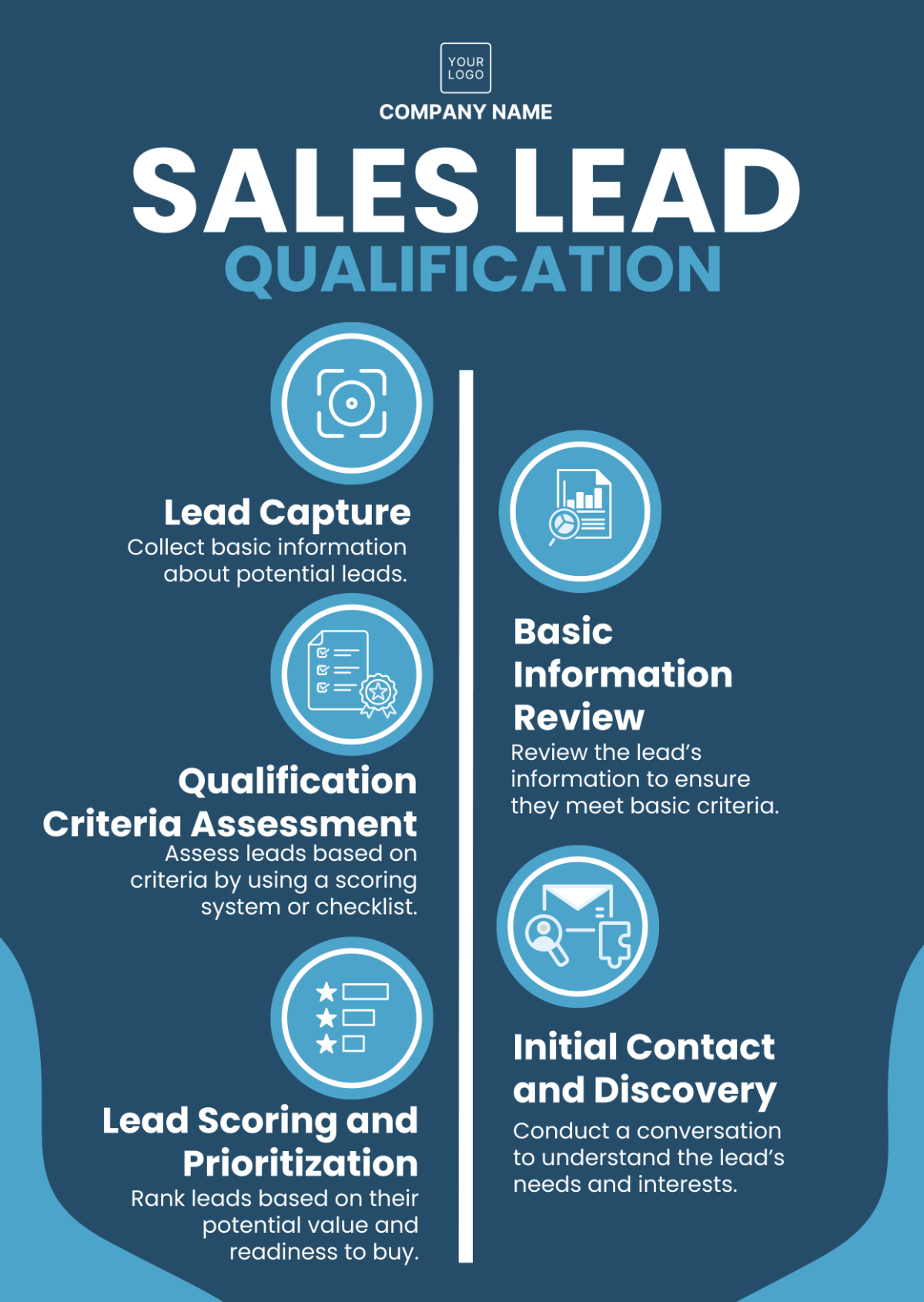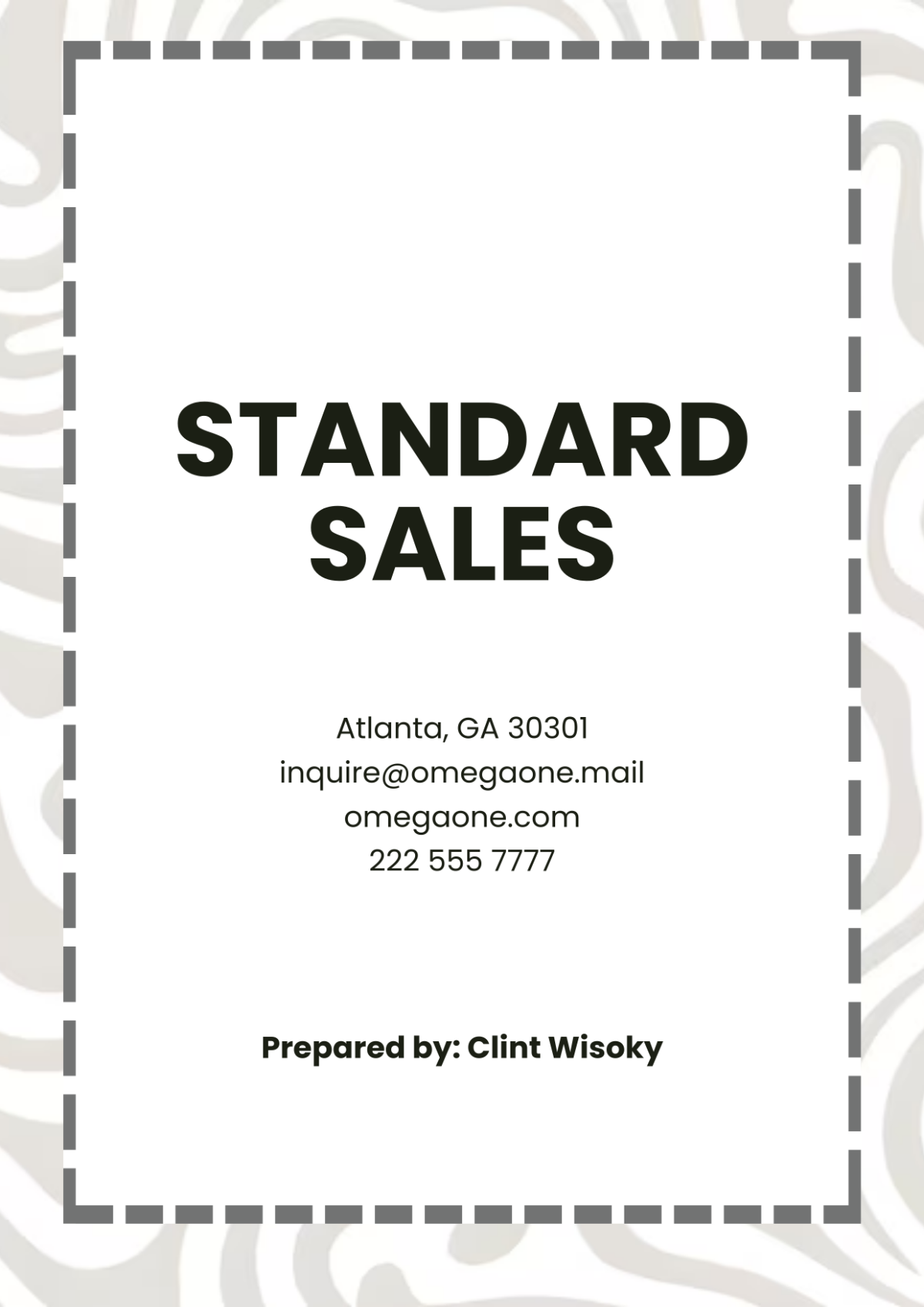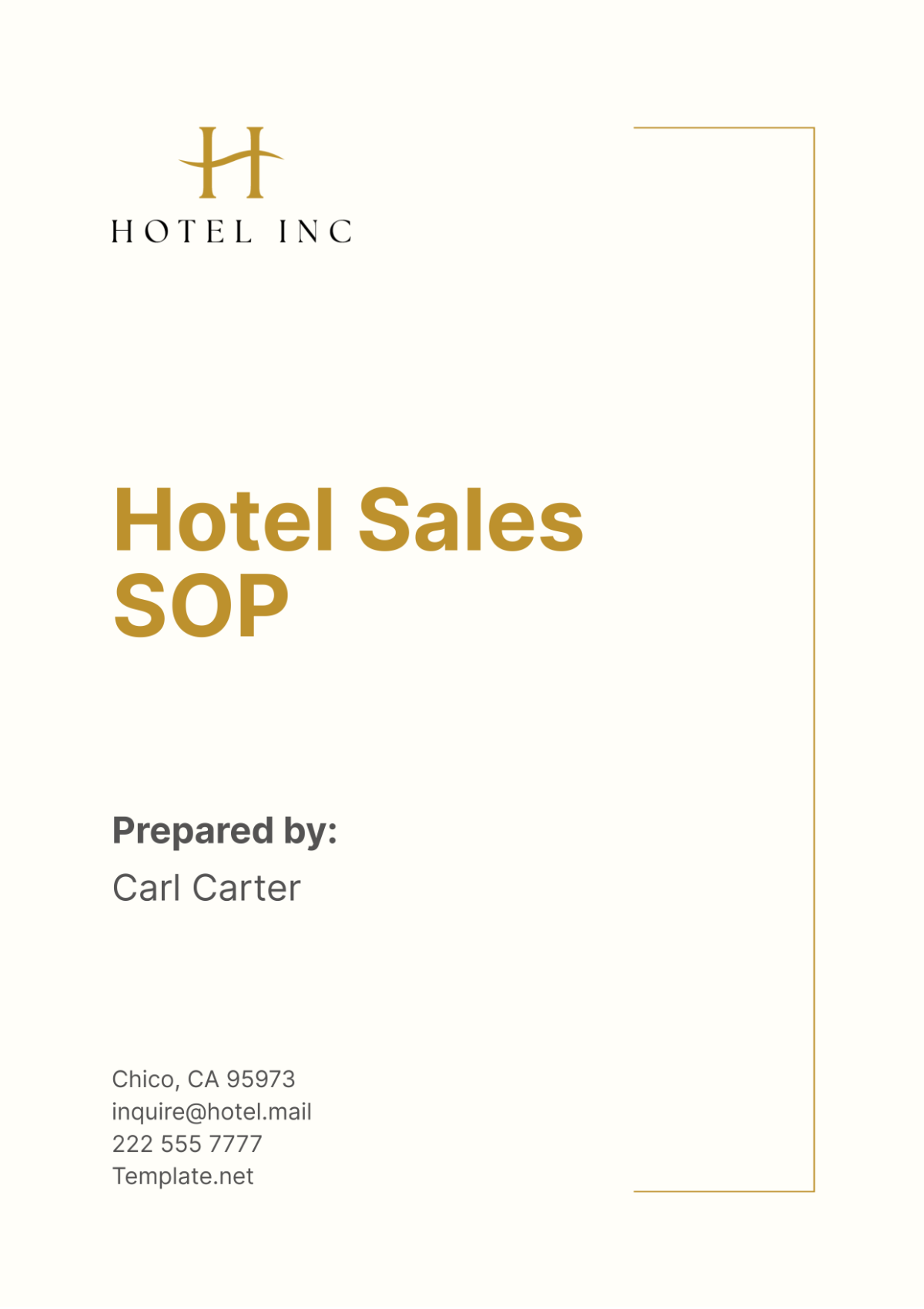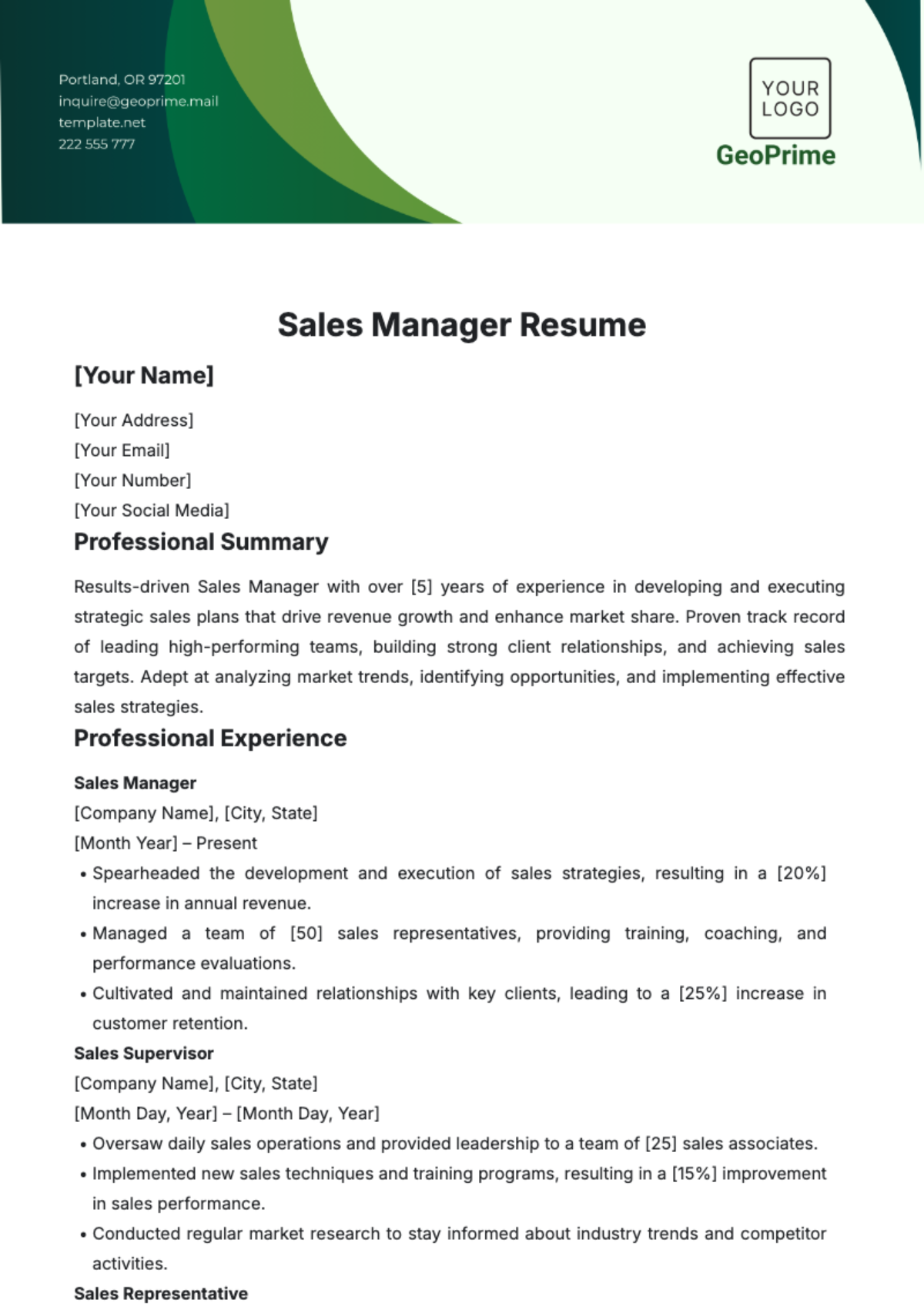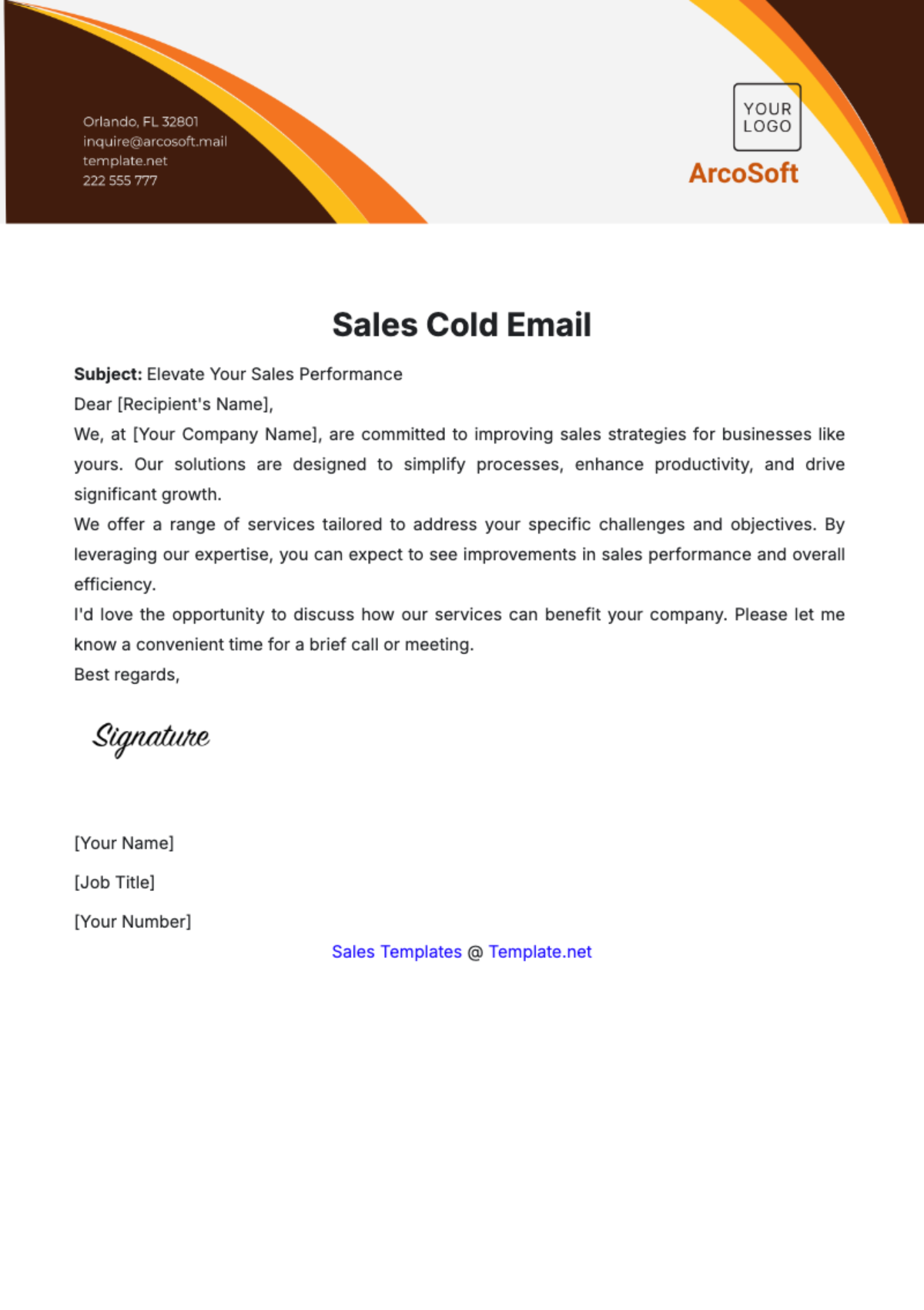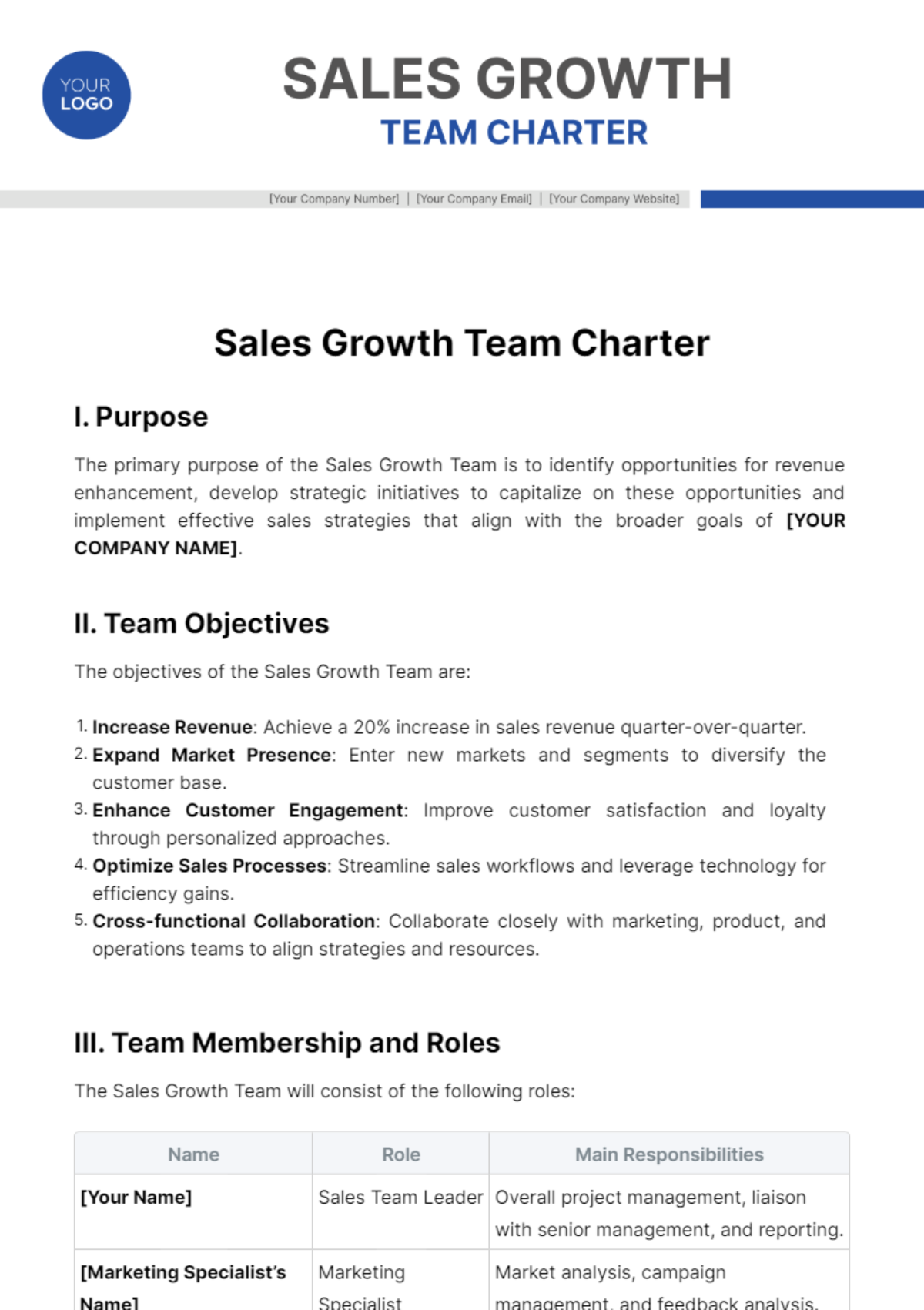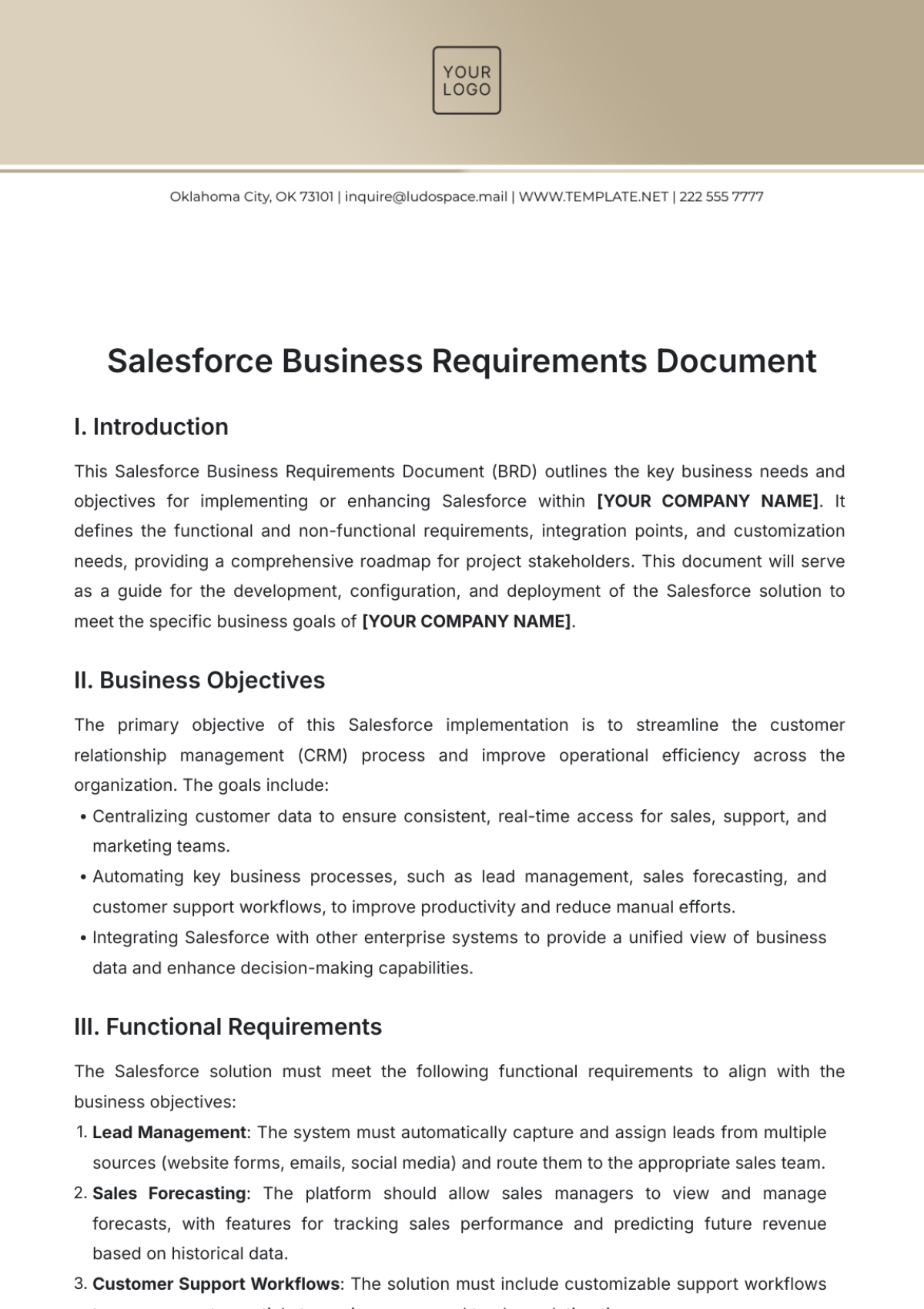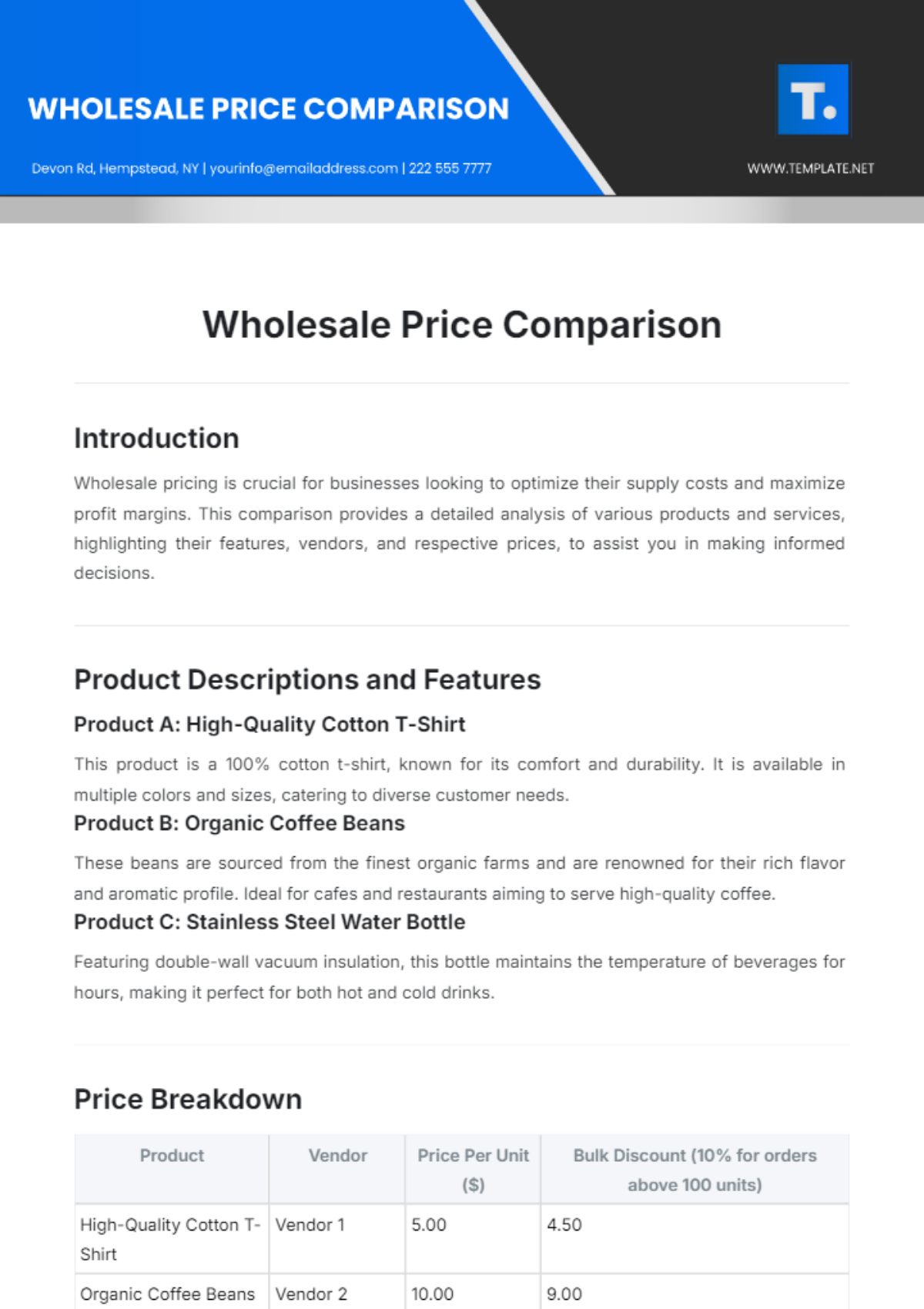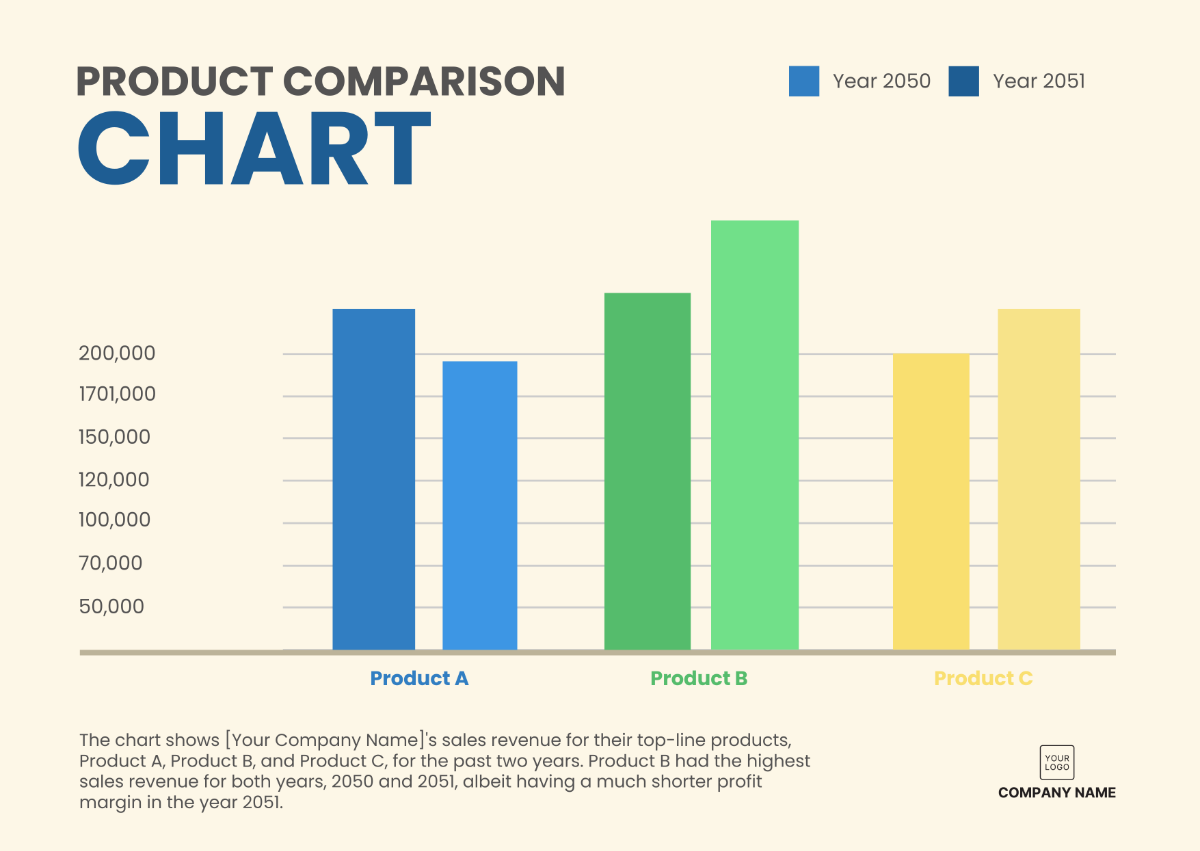Study on the Relation Between Incentives and Sales Morale
I. Introduction:
This study explores the intricate relationship between sales incentives and the morale of sales teams. By examining the data of what [Your Company Name] has gone through, this research aims to shed light on the effects of various incentive programs on the motivation, satisfaction, and overall morale of sales professionals.
II. Methodology:
This study employs a mixed-method research approach, combining both quantitative and qualitative data collection methods. The data was gathered over a 12-month period, with a sample of [500] sales professionals from within the company, representing a diverse range of experience levels, positions, and demographic characteristics.
A. Quantitative Research:
Survey:
A structured survey was designed and administered to the entire sample of [500] sales professionals from [Your Company Name]. The survey contained a series of closed-ended questions, aimed at quantifying various aspects of job satisfaction, motivation, and morale, categorized between what can influence morale and how to retain it. Here is the data of the results of the survey:
Survey Question | Average Response |
|---|---|
Clear Communication | Strongly Agree |
Recognition and Rewards | Agree |
Job Growth Opportunities | Agree |
Supportive Team Environment | Strongly Agree |
Work/Life Balance | Agree |
Regular Team Building Activities | Neutral |
Clear Managerial Processes | Strongly Agree |
Work Recognition Programs | Agree |
Flexible Work Arrangements | Agree |
Ongoing Training | Neutral |
Data Analysis:
The survey results highlight that effective communication and teamwork strongly influence morale, according to [Your Company Name]’s [500] sales professionals. On the contrary, training and team-building activities have received quite the cold reception, some even verbally exclaiming that they could do without going through those. Notably, flexibility in time and work options ranks just below the importance of clear communication, indicating that transparent growth opportunities, leading to extra time off and promotions, serve as strong incentives for increased employee effort.
B. Qualitative Research:
Interviews:
In-depth interviews were conducted with a smaller subset of participants, consisting of [20] sales professionals. These interviews provided a more nuanced understanding of the impact of incentive plans on morale. Open-ended questions were posed, allowing participants to express their feelings and experiences in their own words. Here are the average answers for each of the interview questions:
Questions | Average Answer |
|---|---|
How important are monetary incentives to you? | While financial rewards are appreciated, non-monetary recognition is just as crucial too. |
Do flexible work arrangements impact your morale? | Yes, having flexibility in work hours allows for better work-life balance. |
Does a clear career path and growth opportunities matter? | Yes, knowing there's room for advancement and clear career progression is motivating. |
Are health and wellness benefits important to you? | Yes, access to health and wellness programs enhances my overall well-being. |
What training or professional development opportunities matter to you? | Will only join if it is absolutely necessary. |
Just as the survey has shown, most sales professionals are more incentivized to work if their hard work is recognized through clear communication, followed by work opportunities, wherein it overshadows even monetary incentives. Flexibility is also sought after by even the highest ranking sales professional. Training and development is still the least desired method for maintaining morale.
Focus Groups:
Several focus groups, each comprising 8 to 10 participants, were convened. These groups engaged in guided discussions about their experiences with different incentive structures. Focus group discussions delved deeper into the emotional and psychological aspects of how incentives affected their morale. The dialogues were transcribed and analyzed thematically. Focus group discussions covered topics such as:
Observation Category | Key Observation |
|---|---|
Communication Strategies | Regular team meetings foster open communication and information sharing. |
Recognition and Rewards | Public recognition boosts morale, and personalized acknowledgments are valued. |
Training and Development Opportunities | No visible changes, both positive or negative. |
Flexibility in Work Arrangements | Flexible work hours positively impact work-life balance and employee satisfaction. |
Team-Building Activities | Most employees, especially the veterans, would excuse themselves from joining these events. |
Career Growth Opportunities | A clear career path and growth opportunities within the company motivate employees. |
Time-Off Incentives | Extra days off as rewards for achievements contribute to increased motivation. |
III. Findings:
A. Monetary Incentives:
The quantitative analysis confirmed that monetary incentives, such as commission-based plans, had a surprisingly small positive effect on motivation. Most of the employees tend to seek better career opportunities and possible promotions as a way of self-motivation.
B. Non-Monetary Incentives:
Both quantitative and qualitative data showed that non-monetary incentives, including recognition, flexible work arrangements, and professional development opportunities, had a significant positive impact on morale. Sales professionals often emphasized the value of feeling appreciated and having access to personal and professional growth opportunities, contributing to higher job satisfaction and motivation.
C. Hybrid Incentive Plans:
Quantitative data suggested that combining monetary and non-monetary incentives yielded the highest morale scores. Sales professionals valued a balanced approach, where financial rewards were complemented by intangible benefits like recognition and career development opportunities. The qualitative findings echoed these sentiments, highlighting the holistic impact of hybrid incentive structures on morale.
D. Transparency and Communication:
Both the survey and interviews underscored the importance of clear and transparent communication regarding incentive plans. When salespeople understood the rationale behind incentive structures and felt that their input was considered, their motivation and job satisfaction were notably higher. This aspect of transparency was consistent with the quantitative findings.
E. Individualization:
Personalization of incentive plans emerged as a significant theme from both qualitative and quantitative data. When sales professionals felt that their incentives were tailored to their preferences and performance levels, they reported a strong positive impact on their morale. Individualized plans reinforced the sense of equity and recognition.
These findings collectively emphasize the intricate relationship between incentive plans and sales morale. The data triangulation between quantitative and qualitative research methods provides a comprehensive understanding of how different incentive structures influence the motivation, satisfaction, and overall morale of sales professionals in the year [20xx].
IV. Discussion:
The findings of this study highlight the importance of sales incentives in shaping the morale of the sales force in the futuristic business landscape of [20xx] Several key points emerge from the research that deserve discussion:
A. Balancing Monetary and Non-Monetary Incentives:
One notable observation is the significance of a balanced approach. While monetary incentives remain highly motivating, it is evident that they are most effective when complemented by non-monetary rewards. This balance aligns with the growing awareness that today's sales professionals seek not only financial gain but also recognition, personal growth, and a favorable work-life balance.
B. Transparency and Communication:
Effective communication and transparency are pivotal in the success of incentive plans. The findings underscore the fact that employees who understand the 'why' and 'how' of incentive structures are more likely to be engaged, motivated, and satisfied with their work. Sales operations managers must ensure that they communicate the objectives, mechanics, and outcomes of incentive plans clearly and consistently.
C. The Power of Individualization:
Personalization of incentive plans is another key takeaway. In a world where one size no longer fits all, employees appreciate incentive plans that cater to their unique needs and performance levels. This personal touch not only enhances morale but also creates a sense of equity and recognition among sales professionals.
D. Continuous Adaptation:
The findings emphasize the need for continuous adaptation of incentive plans. The sales landscape is evolving rapidly, and so are the preferences and priorities of sales teams. Sales operations managers must regularly assess and adjust incentive plans to align with changing dynamics, ensuring they remain effective in maintaining high morale.
V. Recommendations:
Building on the insights gathered in this study, the following recommendations are made for Sales Operations Managers:
Recommendation | Details |
|---|---|
Implement Hybrid Incentive Plans | Develop and implement incentive plans that incorporate both monetary and non-monetary rewards. Striking a balance between financial gains and intangible benefits like recognition and career growth is vital. |
Prioritize Transparency | Establish a culture of transparent communication around incentive plans. Ensure that employees fully comprehend the objectives, metrics, and benefits of the incentives offered. |
Embrace Individualization | Personalize incentive plans to align with individual preferences and performance levels. Tailoring incentives can have a significant impact on morale, as it fosters a sense of fairness and appreciation. |
Regularly Review and Adapt | Recognize that the sales environment is dynamic, and employee preferences evolve. Continuously monitor the effectiveness of incentive plans and be ready to adapt them to stay relevant and motivating. |
Invest in Training and Development | Offer opportunities for skill development and career growth. Employees who see a clear path for personal and professional development are likely to be more motivated and satisfied. |
By adhering to these recommendations, Sales Operations Managers can foster a sales environment where high morale is not only achievable but also sustainable. In doing so, organizations can thrive in the ever-changing landscape of [20xx] and beyond, with a motivated and satisfied sales force driving their success.
VI. Conclusion:
This study demonstrates the intricate relationship between sales incentives and sales morale in the year [20xx]. The findings highlight that a combination of monetary and non-monetary incentives, alongside transparent communication and individualization, is the most effective approach for maintaining high morale among the sales force. This high morale, in turn, results in increased job satisfaction, motivation, and overall success for both sales professionals and the organization.

